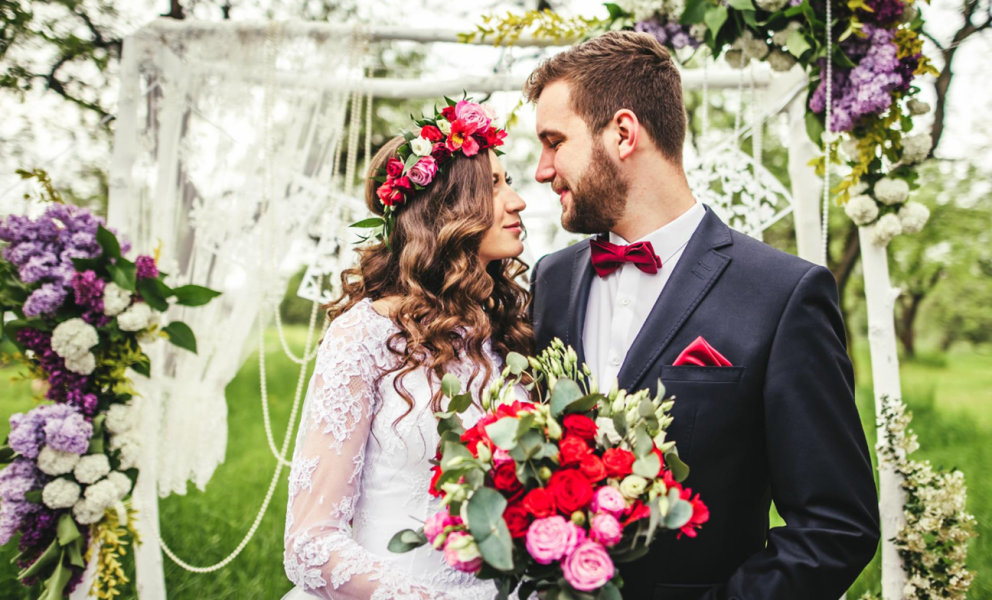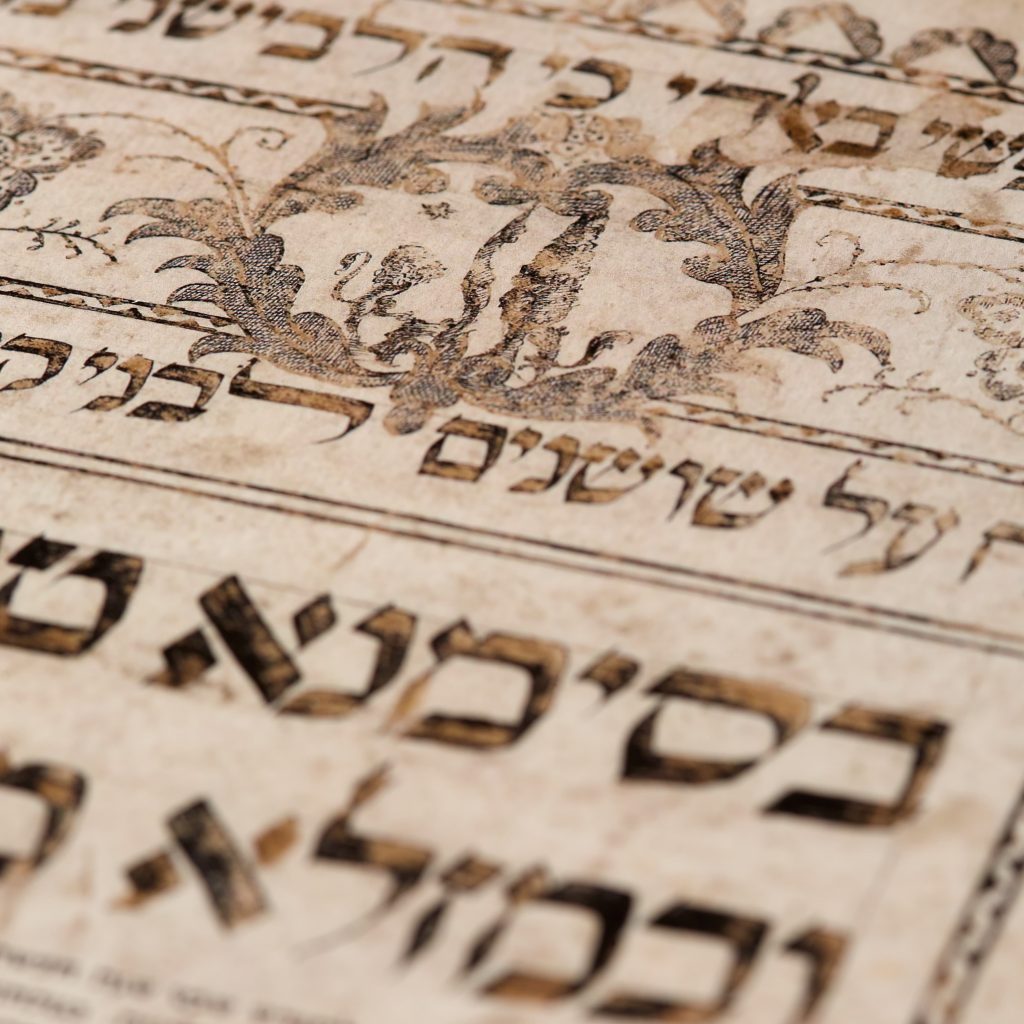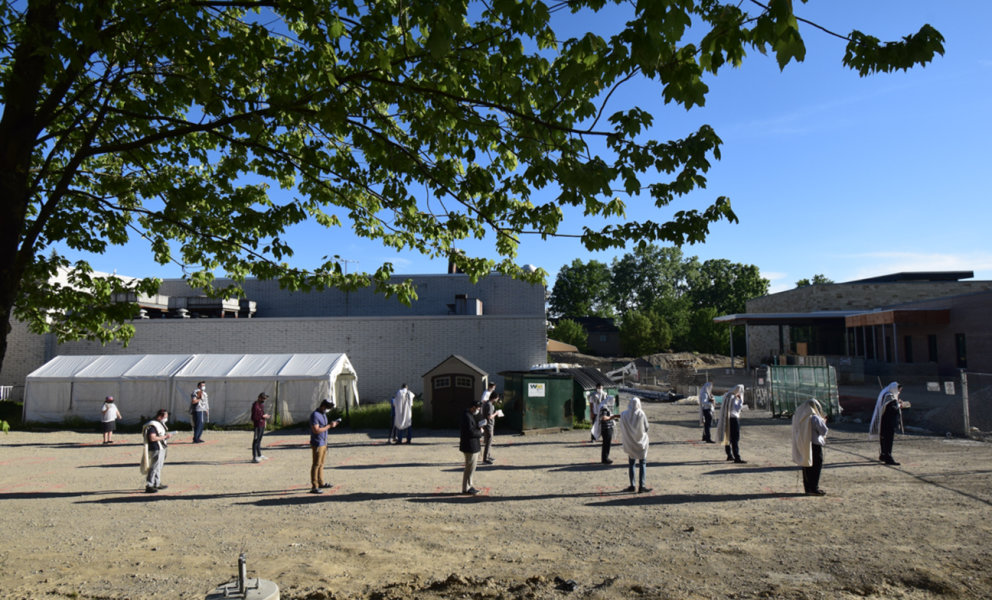
Rosh Hashanah and Yom Kippur are quickly approaching and they will certainly be celebrated differently this year, due to the COVID-19 pandemic. The High Holy Days are usually a busy time of feasting, fasting, family, community, praying, contemplation and reflection on the year we are leaving behind and the one we’re starting.
This year, some of our celebrations and observances may be changed due to the pandemic, which has placed an emphasis on social distancing that will limit how the community will come together.
This will definitely be a year to remember, and we’re looking ahead to how our High Holy Days will be observed.
Making Adjustments
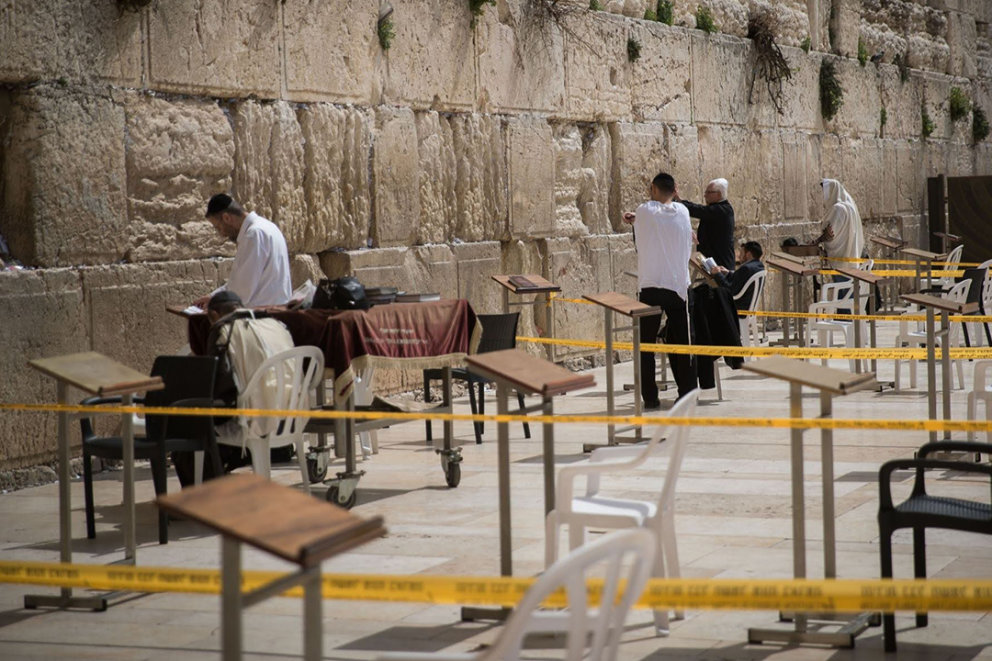
There are going to be significant differences between services this year and last year. The danger presented by the pandemic guides these changes, as does the principle of pikuach nefesh, the principle that saving human lives comes before any other obligations, religious or otherwise.
Being careful and following established guidelines can save lives that would otherwise be lost due to recklessness, so it’s not just a responsible act in the context of our community and the communities around us, but also part of our tradition.
We’ve heard that there will be a significant reduction of in-person services due to the limited numbers of worshippers allowed indoors. Distancing will result in people sitting among their family bubble, spaced away from others, taking up extra room during this usually busy season.
Some congregations are planning to do their services outdoors in parking or tents as a safer alternative for more people. We are seeing that the number of cantors (chazzan) will be limited, as will those handling the Torah and those sounding the shofar.
The article How Do We Blow Shofar During a Pandemic by Jew in the City discusses how we can safely continue to blow shofar even during these trying times.
Online services will be popular among those congregations which allow it. Some are going to be pre-recorded, and some will be teleconferenced as they happen.
Kiddushes and shared meals will be limited or skipped this year, but we’ve seen small personal kits with food, cutlery, and travel-sized bottles. Kits including prayer books, art supplies for kids, and other guides are being prepared for distribution at many synagogues to support those staying home.
What’s Your Plan?
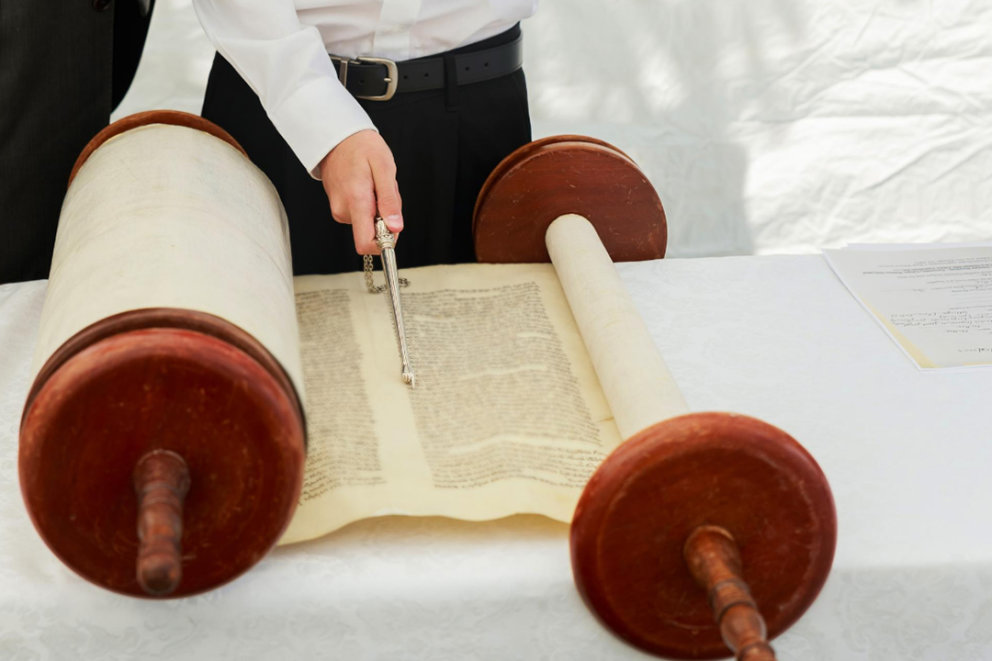
We’d love to know what you, your family, synagogue, and community are planning for the Yamim Noraim this year. Please drop a line on our Facebook or Instagram and let us know!
Keeping it Real
Our traditions don’t only live at the synagogue. During difficult times, whether plague or persecution, many traditions have had to be adjusted and many celebrations changed temporarily.
Whatever the changes, the traditions stayed with us, not inside our buildings. In March 2020, there were new prayers being created to unite us in our determination to make it through the pandemic.
We’re fortunate to have the technology which reduces our isolation and allows us to remain involved with our communities and traditions, but we should also acknowledge that the power and beauty of our traditions will carry us through.
